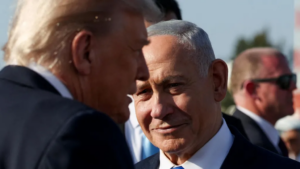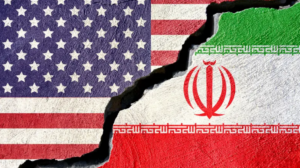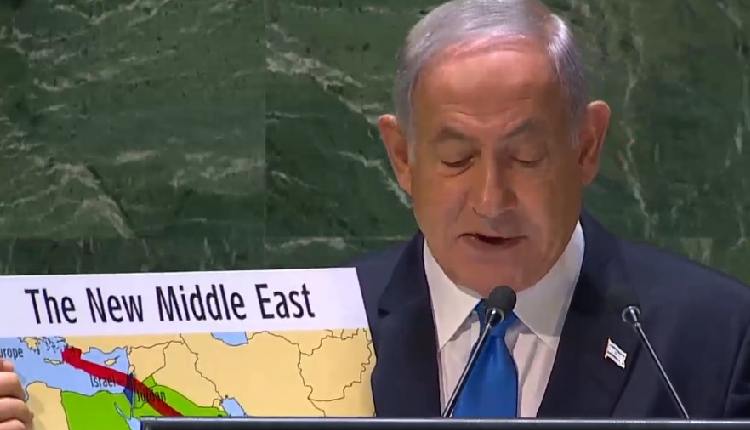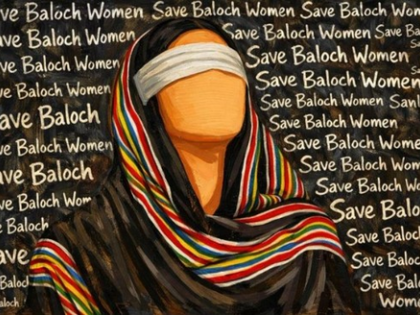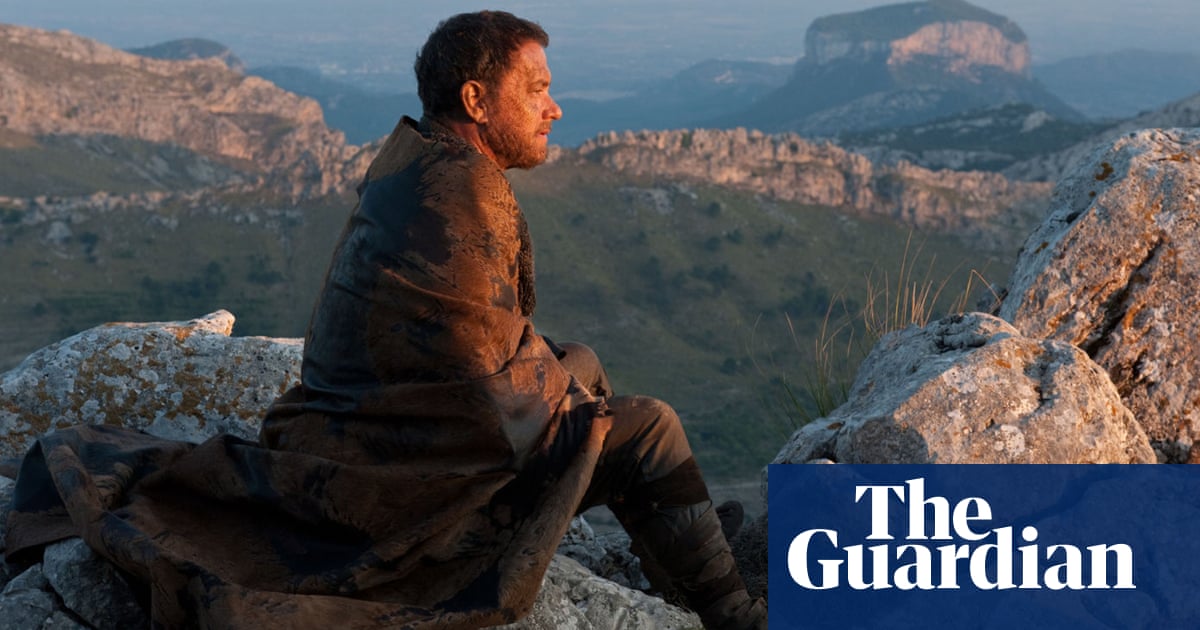
Show caption Tom Hanks in the 2012 film version of David Mitchell’s Cloud Atlas. Photograph: Moviestore/Rex Top 10s Top 10 world-spanning novels Writers from David Mitchell to Graham Greene and Rachel Kushner tell stories that seek out interconnectedness, testing and pulling at the idea of nationhood CA Davids Wed 2 Mar 2022 12.00 GMT Share on Facebook
Share on Twitter
Share via Email
Think global … think local, no? It feels strange to write it because of course, everything on our planet is interdependent: our oceans, weather systems, knowledge systems, politics, certainly people. So, the idea that we should categorise anything as global literature seems counterintuitive; as if everything is not at once local and global. In my novel, How to Be a Revolutionary, I seek out interconnectedness, testing and pulling at the idea of nationhood. The following are 10 books that view the world in a similar way, giving meaning and shape to what it means to be human.
1. Cloud Atlas by David Mitchell
Few can cross the centuries, bending genres and language, so that it works effortlessly on the page. From the South Pacific in the mid-19th century to a dystopian, ultimately consumerist future Korea, Cloud Atlas presents a case for the universality of human nature. It’s a joyful, poignant re-read, 18 years after the novel was first published and especially when this notion of what binds us appears to be in question again.
2. Intimacies by Katie Kitamura
A meticulous, compelling work of fiction. Kitamura doesn’t reveal much: not a protagonist’s name or physical description. We do know that the main character has come to The Hague to work as an interpreter. It is complex, emotionally fraught work that follows her, however much she tries to compartmentalise. Probably a woman of Asian heritage who grew up in New York, the interpreter is also surveying the city from its margins. She brings an outsider’s eye to the everyday and the larger questions: who holds power and the ability to manipulate it, intimately, and also globally?
3. The Dragonfly Sea by Yvonne Adhiambo Owuor
Owuor’s rich prose makes a pointed commentary in this novel about interconnectedness, however unlikely it may seem. Ayaana, born on Pate off the coast of Kenya, is of distant Chinese descent. Centuries earlier, when Chinese sailors were shipwrecked off the African coast, they made the island their home. Presenting equal parts opportunity and burden, Ayaana becomes something of a poster child when she is offered a scholarship to study in China.
4. Homegoing by Yaa Gyasi
In this much-lauded debut, the author casts her eye back in time, and across the world, locating something of what troubles it still. Two very different life trajectories await half-sisters Effia and Esi and their progeny, seven generations into the future. Unaware of the other, one sister is elevated out of poverty when she is married off to a British man, while the other is enslaved and shipped to the US. In the series of interlinked stories, the author confronts African complicity in the slave trade as well as the enduring effects of British and American colonisation, and of slavery.
Michael Caine and Hai Yen in the 2001 film of The Quiet American. Photograph: Reuters
5. The Quiet American by Graham Greene
When Greene first published this novel in 1955, he and his book were condemned as anti-American. Greene was a journalist who had spent time in Saigon and like one of the novel’s main characters, Thomas Fowler, observed America’s foreign policy in Vietnam: the cultural blundering and disastrous intervention. The novel was adapted twice for the screen. In the first, the ending was changed to be less critical of the US and the second – despite coming almost 50 years after the novel was published – was shelved for a year after September 11, given the producer’s concerns about perceptions of it being unpatriotic. Sixty-seven years after it was first published, the story continues to resonate.
6. Desertion by Abdulrazak Gurnah
The Nobel laureate’s novels dispense with any idea of a world that is not interconnected. In Desertion, Gurnah spins a complex tale that deals with politics, colonialism, race, racism and abandonment, through the prism of two tragic love affairs, decades apart, on the island of Zanzibar. It is a slow-burning novel with dual narratives: an Englishman, Martin Pearce, falls in love with Rehana (the daughter of an Indian man and a local woman of minority-Arabic heritage). The second doomed love affair is that of their granddaughter, Jamila, and the narrator’s brother, Amin, on the eve of Tanzanian independence. Much as they try, the characters cannot unwrite or outrun history.
7. Home Fire by Kamila Shamsie
Based on Antigone by Sophocles, this novel considers frankly, and often despairingly, what it has meant to be a Muslim during the last decade or two. The novel centres two families and their offspring: the orphaned Isma and younger twins, Aneeka and Parvais, and, Eamonn Lone, the son of a Muslim British diplomat who has yet to come to terms with his own identity. Though the book necessarily strays from the original tale, elements remain. The climax of this exquisite book, even while expected, is nonetheless shocking and the story lingers long after novel is read.
8. A Spy in Time by Imraan Coovadia
Here, respected South African author Coovadia departs somewhat from literary fiction to write a work that mixes genres: speculative, spy thriller, and then some. After an apocalyptic event, Earth’s survivors must rebuild a civilisation below ground. The delicate thread of time must be maintained between Marrakech in 1955, Johannesburg in 2271, Rio in 1967, and on Jupiter in a distant future. The fascinating conceit is that dark-skinned people dominate the future, and anyone born without it must go to absurd lengths to conceal their whiteness.
9. The Flamethrowers by Rachel Kushner
Kushner (who has raced bikes herself) writes luminous sentences that bring the American landscape into view. She doesn’t blink: not from an art scene hollowed of meaning, or a world profoundly linked by sometimes terrible deeds. In 1976, budding artist Reno joins the Moto Valera crew, who will help her break the women’s world racing record. The novel cuts from New York art scene of the 1970s, to Italian fascists during the second world war, to indigenous Brazilian workers, exploited to produce the rubber for the motorcycle’s tyres, with profits flowing via Switzerland to Europe.
10. Shalimar the Clown by Salman Rushdie
It’s never quiet or dull in a Rushdie novel. Here, main character India (she hates her name) born to a Kashmiri mother and an American father, sees her father’s murdered body on her doorstop. The novel dips into Los Angeles in the 1990s, Kashmir, France, England, the past, into fable and sorcery, and back again. Rushdie writes: “Everywhere was now a part of everywhere else … Our lives, our stories, flowed into one another’s, were no longer our own, individual, discrete.”
How to Be a Revolutionary by CA Davids is published by Verso. To help the Guardian and Observer, order your copy from guardianbookshop.com. Delivery charges may apply.


